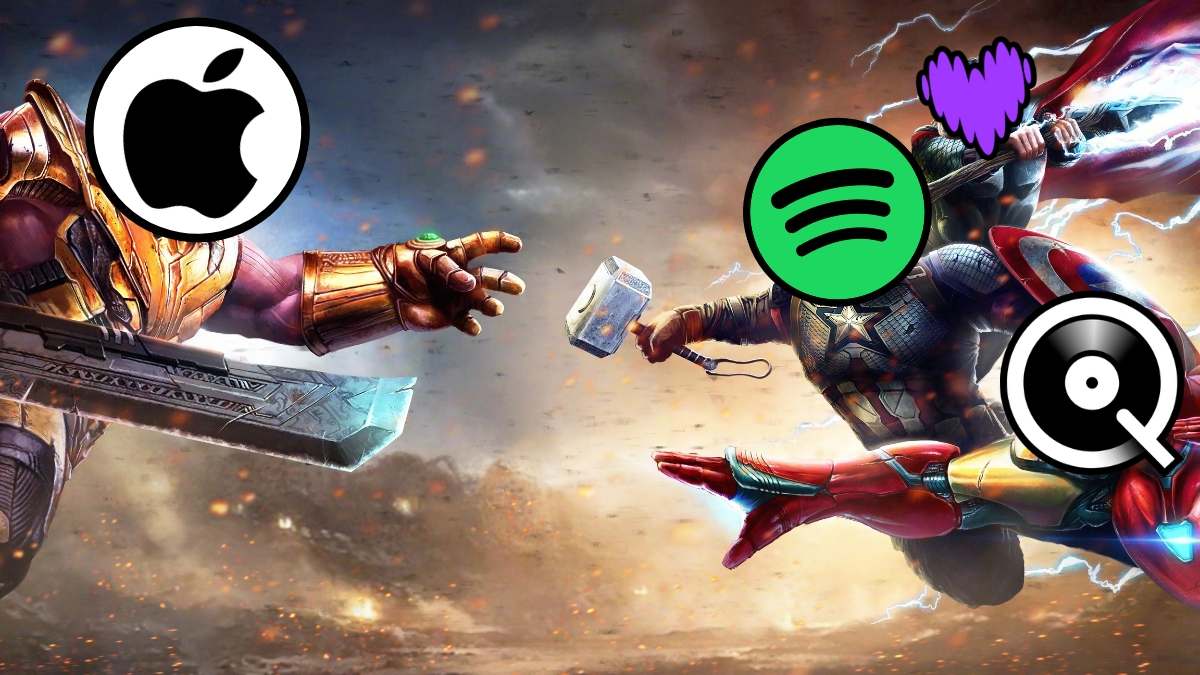Unlikely allies are formed as Apple remains in hot water.
Major app companies like Spotify, Deezer, and Qobuz, are backing the Justice Department in its case against Apple.
The lawsuit, filed on March 21, accuses the tech giant of monopolistic practices in the mobile app ecosystem. It also claims that Apple has hurt consumers and developers through its alleged anticompetitive conduct.
Tech Leaders Unite in Support of DOJ’s Case
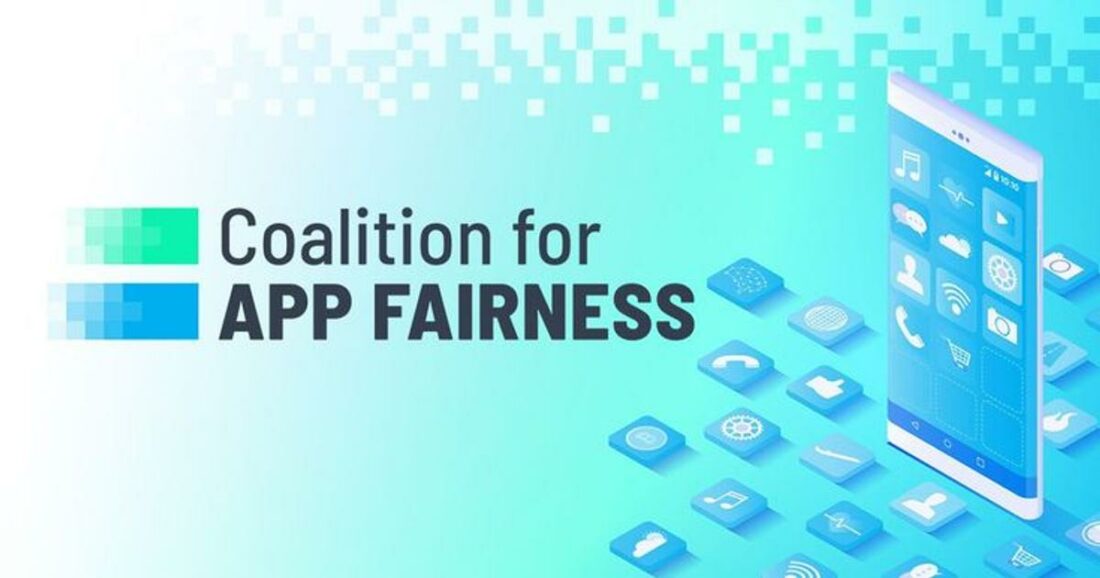
This team-up, led by the Coalition for App Fairness (CAF) started by Epic Games, stands strong against Apple’s control of the app world. Their support for the DOJ’s case points out the major dissatisfaction with Apple’s tough App Store rules and the hefty 30% commission fee, known as the ‘Apple tax.'”
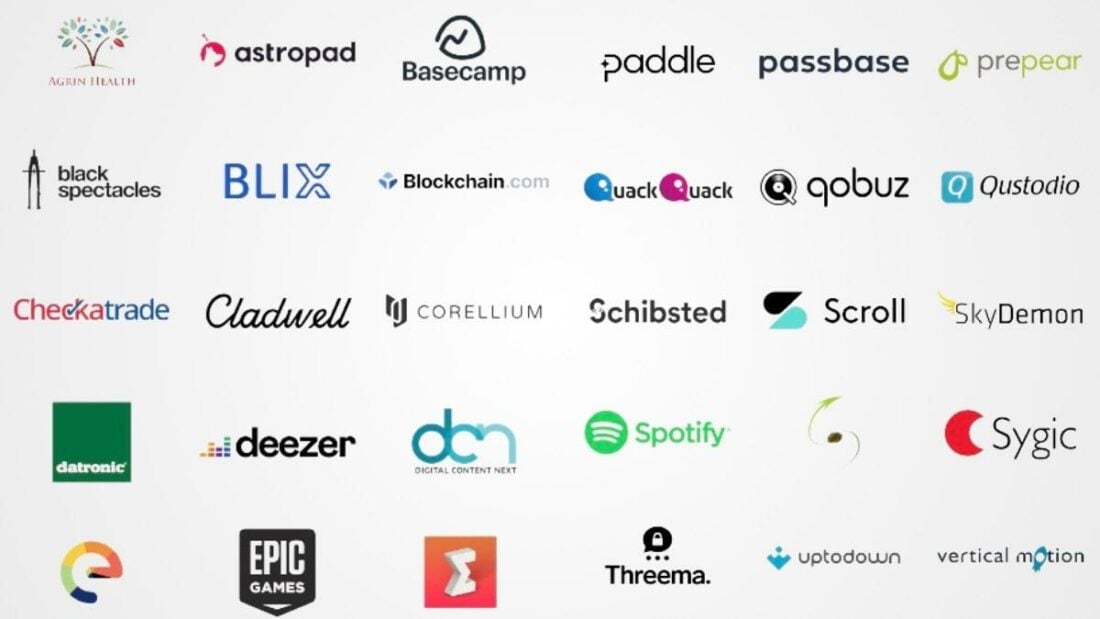
Spotify has been especially vocal so far, having previously filed a complaint in the EU in 2019.
Since then, the tension between Apple and other apps has heightened.
Epic Games CEO Tim Sweeney has also expressed his displeasure with Apple’s 30% cut of in-app payments.
This led to a legal battle between Epic and Apple. In 2020, Epic made it possible for Fortnite players to pay Epic directly instead of giving Apple a cut. As a result, Apple removed Epic from the App Store, which started legal proceedings.
Although Epic has seen some victories, such as developers being allowed to route users to alternative payment methods, Apple has not been proven to be a monopoly in any of these lawsuits.
At the same time, when the Digital Markets Act (DMA) took effect in the European Union, Spotify called Apple’s plans for DMA compliance “a complete and total farce.”
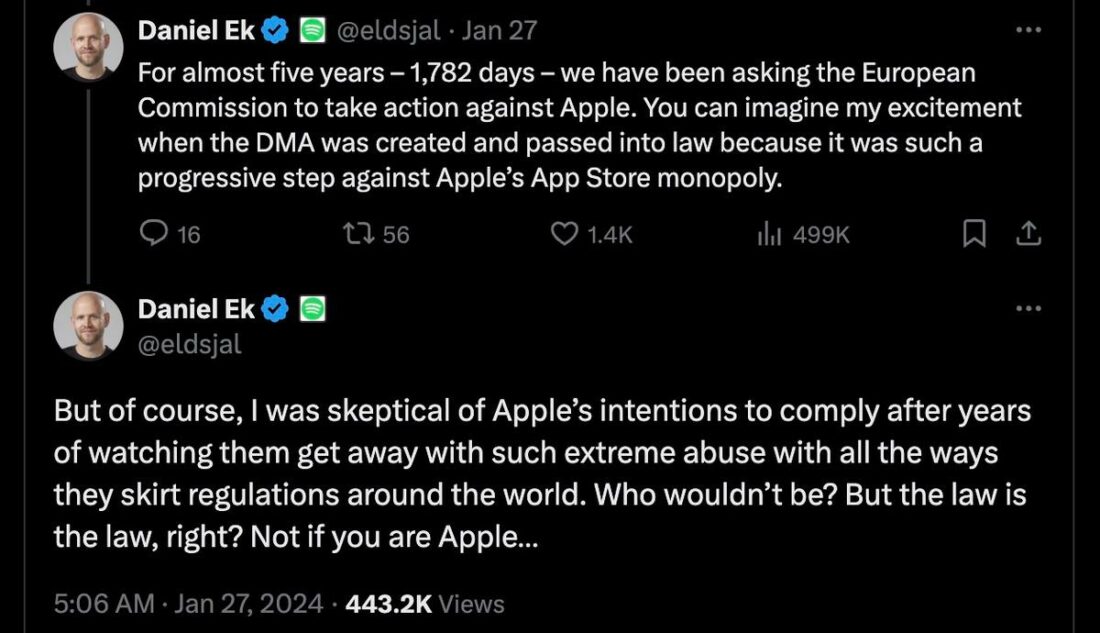
Recently, all this resulted in a massive $1.95 billion fine for Apple.
But even with this win, Spotify and its allies argue that Apple’s steps toward following new regulations, like the EU’s Digital Markets Act, don’t go far enough.
The Lawsuit’s Impact on Entertainment, Movies and TV
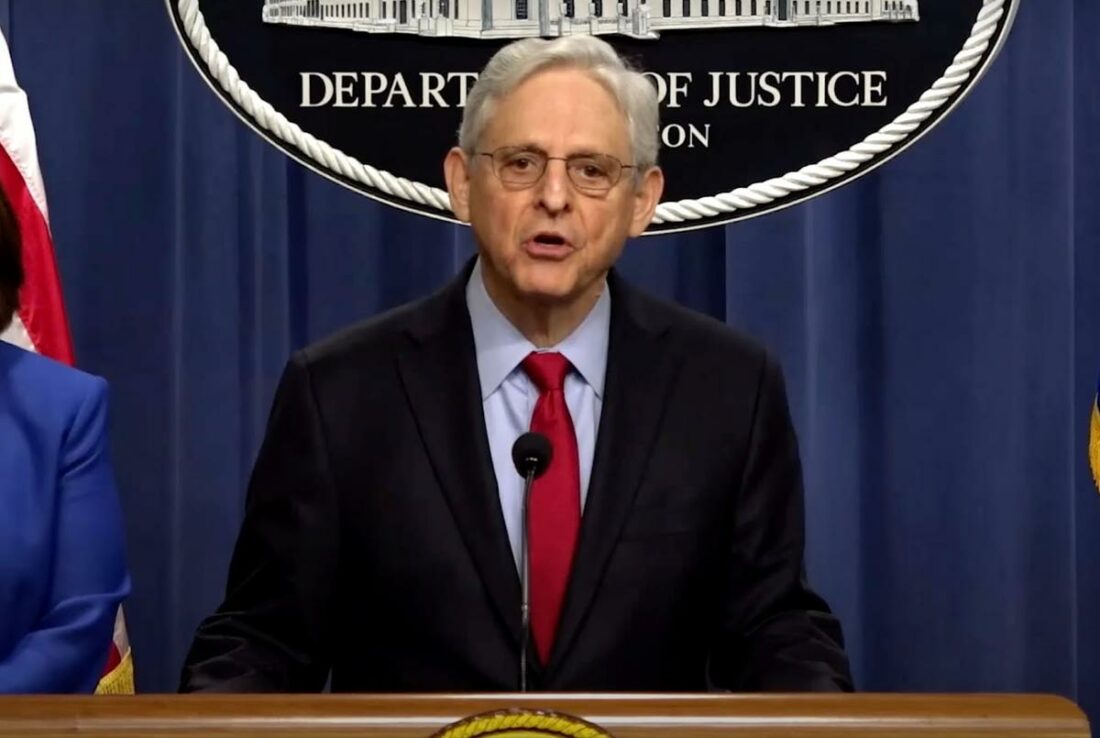
The DOJ’s 88-page complaint targets several areas of Apple’s operations.
It argues that the company has violated antitrust laws by wielding a monopoly over the smartphone market.
Apple has a 62% market share of premium devices (over $400) in the United States as of 2022. The complaint alleges that Apple’s practices have kept consumers dependent on iPhones and prevented them from switching to rival devices.
Now, the lawsuit isn’t just about apps; it’s also looking at how Apple’s getting into movies and TV.
Back in 2019, Apple dived into the streaming world, offering shows on Apple TV+ for an industry-low fee of $5 a month. Some people also received a free one-year subscription when purchasing an Apple device.
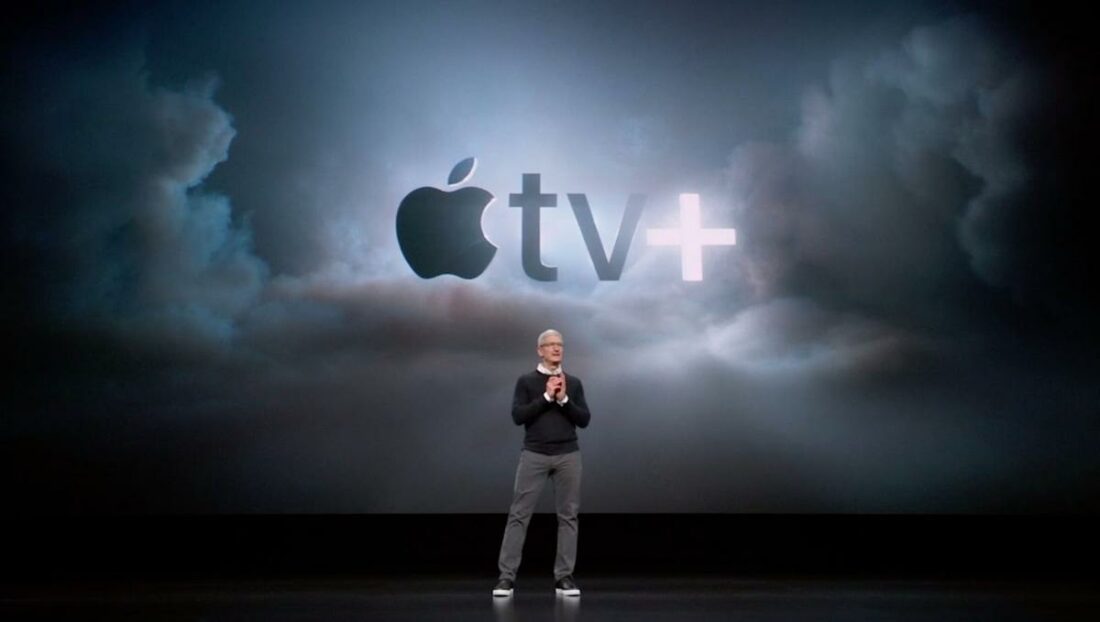
In contrast, Apple’s cut of payments through its in-app payment system was the subject of Epic Games’ antitrust lawsuit against the company. This pointed out the policy that apps can’t route users to alternative payment methods outside of the App Store.
Although Apple now allows link-outs to websites, it also still charges for purchases made on the Internet. This applies even if the purchases are not an immediate result of a click from a link in a native iPhone app.
Complying with Apple’s terms may result in higher prices for consumers.
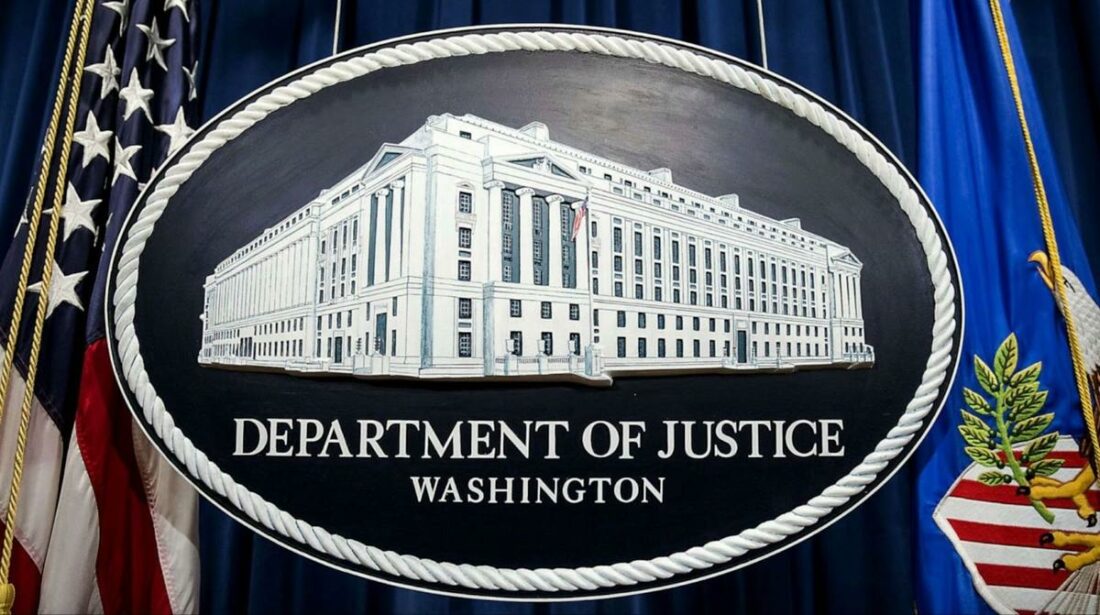
The government, with 16 states and D.C. backing them up, thinks Apple’s hold might be too tight, affecting how content gets made and shared.
The DOJ worries that Apple could call all the shots on what shows and movies get made. They’re concerned this could squash competition and new ideas in the entertainment space because of Apple’s big influence.
The DOJ isn’t out to split Apple up but wants to make sure they play fair, which might mean Apple has to keep some of its services and products separate.
Apple’s Side of the Story and Industry Reaction
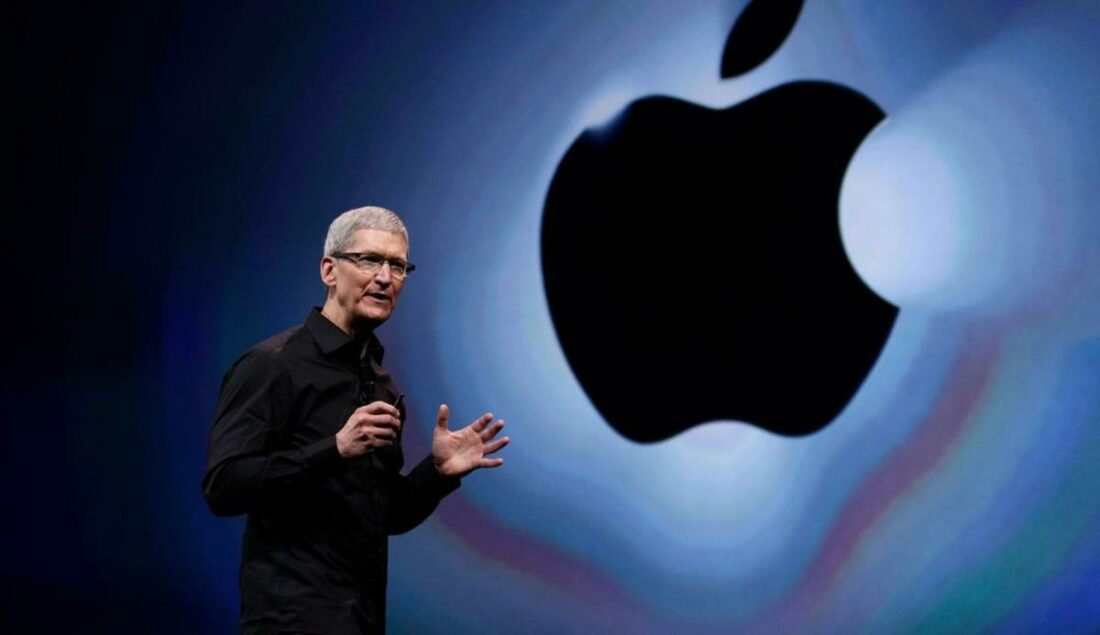
Apple believes that a policy reform might interfere with its ability to bring users the all-in-one experience they’re known for.
“This lawsuit threatens who we are and the principles that set Apple products apart in fiercely competitive markets.” says Apple in a press statement.
“If successful, it would hinder our ability to create the kind of technology people expect from Apple — where hardware, software, and services intersect. It would also set a dangerous precedent, empowering government to take a heavy hand in designing people’s technology.”
The company believes the lawsuit is wrong on both the facts and the law. It plans to defend against it vigorously. But, as the legal battle unfolds, the impact on Apple’s various services and products and the broader entertainment industry remains to be seen.
